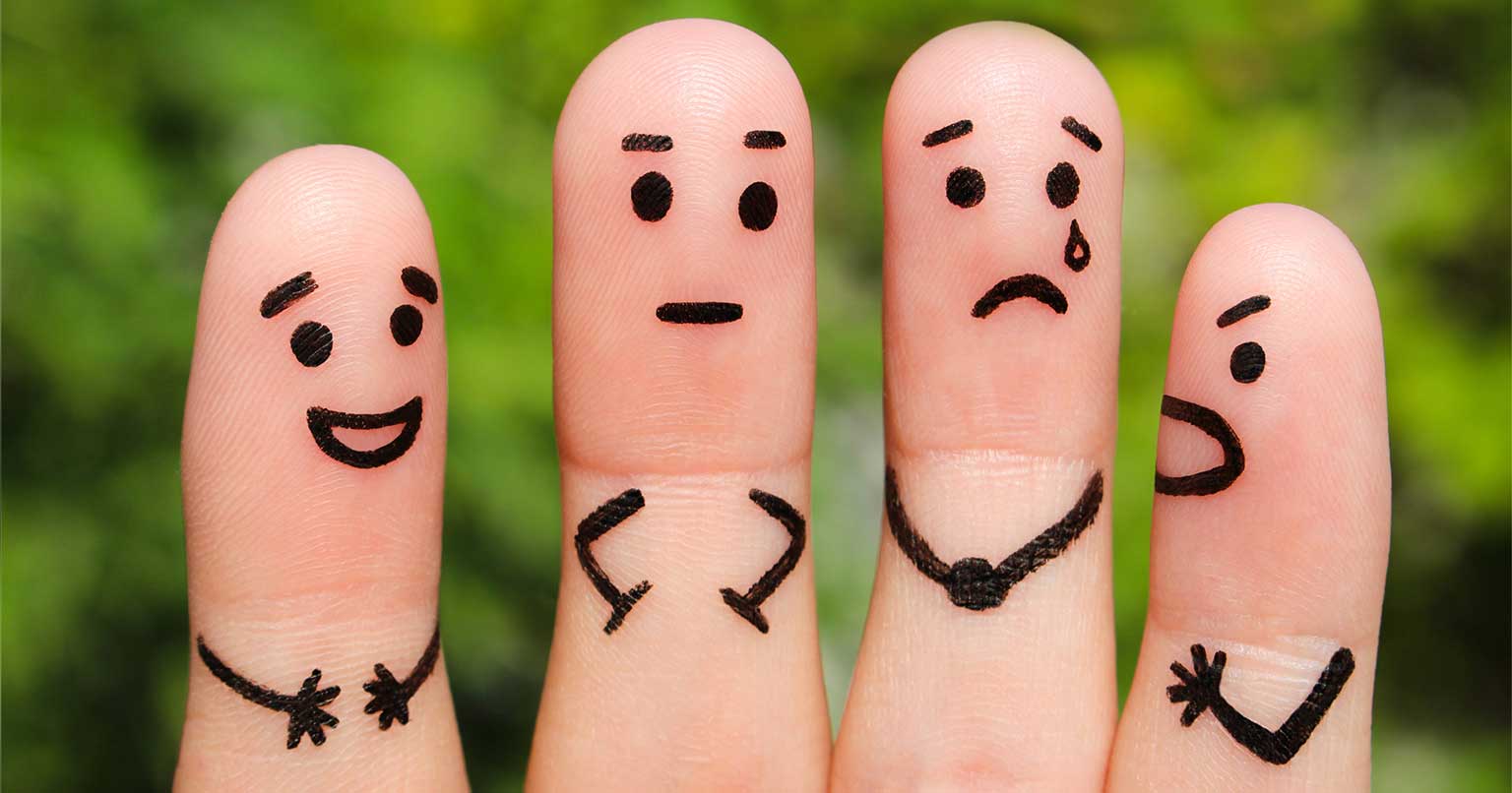Sleep is an essential part of our being, but we have overtly neglected this aspect of life in this fast-paced world. With deadlines, responsibilities, and growing reliance on technology, it is pretty easy to sideline the need for sleep. Little did you know that sleep is connected with mental health as well.
Rest Your Way to Resilience
- A good night’s sleep also bears a direct correlation to mental health since regulated emotions, reduced stress levels, and enhanced cognitive performance all contribute to improved mental wellness.
- Long-term and extreme lack of sleep can cause or exacerbate mental health disorders, such as anxiety, depression, and stress. This creates a vicious cycle that is hard to break free from without rest.
- Good sleep hygiene through the use of relaxation techniques, a routine, and significantly less screen time will enormously improve your mental health, which leads to better emotional resilience and improved cognitive function.
The quality of sleep directly impacts how you feel emotionally, how well you can deal with stress, and your overall mental well-being. Let’s take a look at why sleep is so essential for mental health and how to work on improving it so that you get that much-needed restful night.
The Link Between Sleep and Mental Health
We associate healthy eating with fitness and managing stress. But sleep is very much necessary for your mental health. While we sleep, our brains are hard at work managing emotions, reducing stress, and consolidating memories. A good night’s sleep is a little reset button on the brain to get you well-set to face the day ahead.
Why Sleep Is Important to Cognitive Function
Now, you see, the brain is not idle when you sleep. It is doing even more: working through all the experiences of the day, filing memories, and solving problems. Good sleep enhances cognitive functions such as decision-making, attention, and creativity. On the other hand, poor sleep can greatly degrade the function of the cognitive system. Have you ever noticed how everything becomes harder after a sleepless night? It makes you cranky, forgetful, and less able to focus, mainly because your brain didn’t get to rest.
Sleep deprivation might make you act on impulse and more moody, and it could escalate mental health problems. According to research, sleep-deprived people are most likely to develop anxiety and depression. Your brain is going to work less effectively in managing stress, thus putting you in a risk zone for emotional fluctuation.
The Science Behind Sleep Stages and Mental Health
Knowing the stages of sleep gives a good insight into why sleep is so essential for mental health. Sleep cycles into REM (Rapid Eye Movement) and non-REM sleep. Both are necessary for good mental health.
- Non-REM Sleep. It is a stage where one is in a deep sleep, and the body repairs itself while the brain stores in memory. This sleep stage is also very important for cognitive and emotional well-being.
- REM Sleep. The dream time. REM sleep is important in emotion regulation and for the storage of emotional memory consolidation; it has been associated with creativity and problem-solving.
If you do not get REM sleep regularly, you tend to be emotionally unstable and anxious or depressive. Non-REM sleep is often linked to a more general feeling of physical exhaustion and mental fogginess.
Common Mental Health Disorders Linked to Sleep Problems
It is widely acknowledged that sleep plays a very important role in good mental health, but what happens when your sleep is disrupted? Poor sleep is closely associated with several mental health disorders, and the cycle often goes both ways: mental health problems can affect one’s sleep, and poor sleep can exacerbate mental health problems. Sleep therapy offers targeted interventions to address these issues, helping individuals develop healthy sleep habits, regulate sleep patterns, and break the cycle of poor sleep and mental health challenges. This therapy combines evidence-based techniques to improve sleep quality, ultimately fostering better mental well-being.
Mental Health and Sleep Anxiety End
Anxieties notoriously keep the people awake all night. Racing thoughts, apprehensions about tomorrow, and even the physical sensations of a racing heart or labored breathing can make it difficult to fall asleep. Even if one does sleep, anxiety may prevent a good, deep sleep required by the body.
What’s difficult about it is that a sleep disorder also tends to heighten anxiety. If you are not able to sleep, your brain cannot function well in regulating stress, and the result is heightened anxiety. That is a vicious cycle: there’s that always rising anxiety, insomnia to keep you awake, and still overall heightened anxiety.
Depression and Insomnia
Depression and sleep disorders are two sides of the same coin. Many patients with depression experience difficulty falling asleep or staying asleep during the night. Others have hypersomnia, sleeping too much. However the case may be, sleep disorders take on patterns that serve as fuel for increasing symptoms of depression.
Poor sleep quality may make it challenging to keep depressive symptoms in check across the day. You might feel lethargic, hopeless, or more irritable. A good sleep routine can be an essential component in checking the state of depression as it gives the brain some much-needed rest.

Sleep and Stress: How One Interact with the Other
Stress is another major sleep distraction. Whether the person is undergoing stress at work, in a relationship, or even daily, it can affect someone’s sleep pattern. It causes the secretion of cortisol, the human body’s stress hormone that makes a person alert and awake. If one has high levels of cortisol, it is hard to relax and tend to go to sleep.
But herein lies the catch: when you do not get sufficient sleep, your body produces more cortisol, which therefore increases the stress. Again, it is a cycle: the stress leads to poor sleep, and the poor sleep leads to more stress.
How Sleep Deprivation Affects Emotional Regulation
Rest, from the physical point of view, is important, but sleep is essential for emotional control. The better you are well-rested, the more you can confront stress issues and even disappointments. When you don’t sleep, your emotional wall drops. Small things become major issues, and you become emotional rather than logical.
Mood Swing and Irritability
One of the earliest signs of wake-up calls from sleep deprivation is irritability. You can suddenly snap at people for no reason, feel strangely angry, or find it very difficult to cope with daily life. This happens because your brain doesn’t get enough sleep, which then makes it harder to control when dealing with your emotions.
More Vulnerable to a Mental Health Breakdown
Sleep deprivation also tends to bring about emotional breakdowns or mental health crises. If you have mental health problems, then, with the lack of sleep, you could cross the line. Your thinking becomes dull, your emotions become uncontrollable, and smart decisions are impossible. If you feel like you are reaching your breaking point, then take stock of your sleep and perhaps even seek professional help.
The Benefits of Good Sleep for Mental Health
The good news is that improved sleep can do a lot for mental health. Prioritizing sleep is the possibility of healing and recharging your brain and your body to function at its best.
Improved Mood and Emotional Resilience
Generally, you stand a good chance of waking up with a good temper and feeling more calm and in charge of your emotions after a good night’s sleep. You will be better positioned to handle the challenges and stress without feeling overwhelmed. Good sleep acts as a buffer against negative emotions; it makes you stronger for adversity.
Improved Focus and Cognitive Function
Proper sleep enhances your attention, concentration, and decision-making ability. With a refreshed brain, you would find it easier to keep track of things, come up with creative answers, and solve problems. This mental clarity can enhance your productivity, giving you a chance to feel in control of your day.
Lessens Your Chances of Developing Mental Illnesses.
Now, there is solid evidence to point to the notion that proper sleep will decrease a person’s chances of developing mental health disorders, such as anxiety and depression. Good sleep rules stress hormones, stabilizes mood, and thus supports emotional processing. Such things contribute significantly to how well one maintains mental health.
Tips for Improving Sleep for Better Mental Health
Improving sleep needn’t be complicated. A few subtle changes will help you establish an effective sleeping routine that can bolster your mental well-being.
Set a Sleep Routine
Your sleep routine can be very reliable in helping you go to bed and wake up at the same time daily, even on weekends. This cycle will help regulate your body’s internal clock and thus make it easier to fall asleep and also wake up with no effort.
Control Your Sleep Environment
Your bedroom should be sleep heaven. Ensure your room is dark, quiet, and cool and invest in comfortable mattresses and pillows. If necessary, add blackout curtains or a white noise machine.

Limit Your Screen Time Before Bedtime.
The screen emits blue light on phones, tablets, and computers, messing with your natural sleep signals. Avoid screens at least one hour before bedtime. Instead, spend some time relaxing, reading, stretching, or meditating.
Relaxation Techniques
You can even inhale deeply, relax your muscles progressively, or use mindfulness meditation to calm down and prepare the mind and body to enter into sleep at night. Even a few minutes of relaxation before bed can make all the difference.
When to Seek Professional Help for Sleep and Mental Health Issues?
If you have already tried to change your sleep habits, but nothing seems to work for you, it might be time for professional help. You could be suffering from one of the following medical conditions such as insomnia or sleep apnea, restless leg syndrome, or other conditions that require a doctor’s intervention.
How Therapy Aids Sleep
The CBT-I therapies are considerably effective in tackling issues when it comes to overcoming sleep problems. They alter the negative thought patterns and behaviors that are disturbing your sleep, giving people long-term solutions toward attaining better rest.
The Role of Sleep Studies and Medical Evaluations
The purpose of sleep studies may include knowing some underlying disorders that are influencing your mental health. If you have chronic, long-term sleep problems, talking it over with your doctor and inquiring about obtaining a referral to a specialist who can work with sleep-related disorders might help determine if disorders such as sleep apnea are involved in your problems. They may be able to assess and then offer appropriate treatment.
For those experiencing sleep-related mental health challenges, structured treatment options can provide essential support. Partial Hospitalization Programs (PHP) offer intensive, daily therapy to address underlying conditions, including anxiety and depression, that may contribute to sleep disturbances. Intensive Outpatient Programs (IOP) provide a more flexible approach, allowing individuals to engage in therapy multiple times per week while managing daily responsibilities. Outpatient Therapy offers ongoing, personalized support to help individuals develop healthier sleep patterns and improve mental well-being. Addressing sleep issues through professional treatment can be a vital step toward restoring balance and overall health.
All calls are 100% free and confidential.
Empower your mind, elevate your life.
Frequently Asked Questions
- How does lack of sleep affect my mental health?
Sleep deprivation leads to heightened stress levels and impaired emotional regulation and, as a result, increases the vulnerability to mental health disorders, such as anxiety and depression.
- Can improving my sleep help my mental health?
Yes! Quality sleep regulates your mood, helps manage stress, enhances overall mental resilience, and equips you to better tackle daily challenges and adversities of life.
- What is REM sleep, and why is it important?
REM sleep is one stage of sleep the brain uses to process emotions, storing a substrate of memories. Not getting enough REM sleep means that regulating your emotions may be difficult.
- What should I do if I have trouble falling asleep?
Begin with a regular sleep schedule, control your sleep environment, and prepare for rest using techniques including deep breathing or meditation.
- When should I seek professional help for sleep problems?
If you have already tried to change your sleep habits but are still not able to get enough sleep, or if you think you have a sleep disorder, then it is best to seek out a sleep specialist or therapist.










